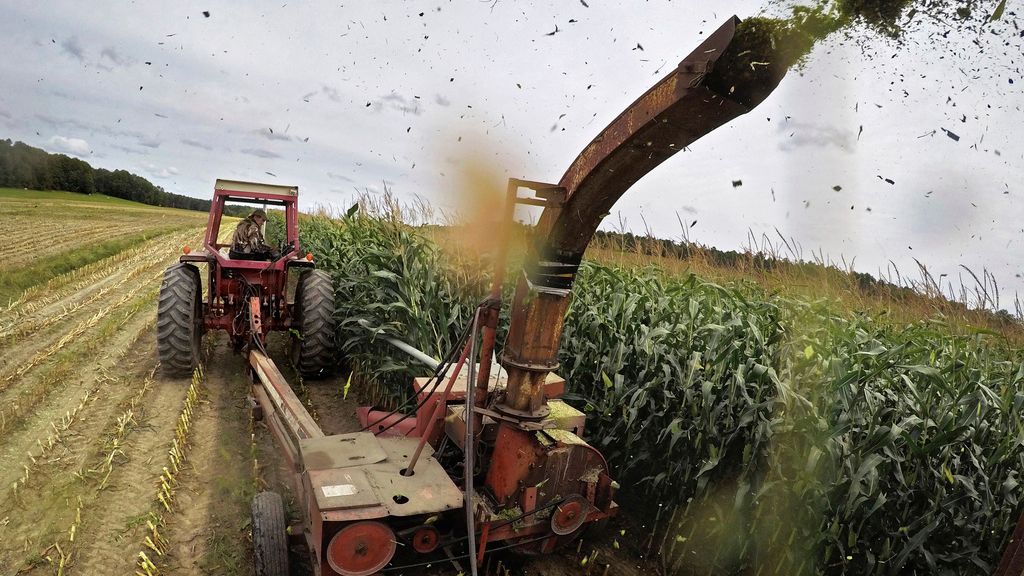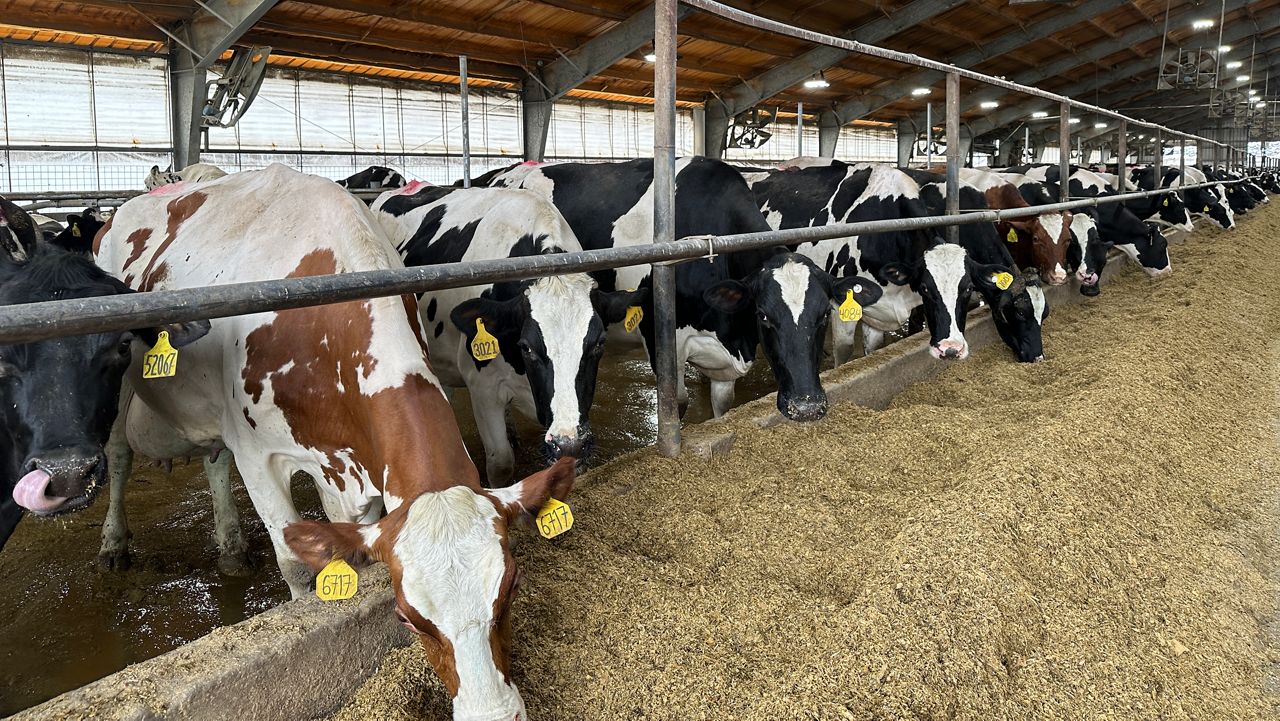OHIO — Ohio farmers faced their fair share of challenges last year, including a major drought that impacted crops for months.
This year, they face a new challenge: tariffs.
Farmers across the U.S. and in Ohio are worried they'll lose the biggest export market for many of their crops after China retaliated against President Donald Trump's tariffs.
In particular, soybean and sorghum farmers have a lot of concern because at least half of those crops are exported and China has long been the biggest buyer. The country has also bought a lot of American corn, beef, chicken and other crops. Last year, China spent $24.65 billion on U.S. agriculture products, but now, it has slapped a 34% tariffs on all American products.
In total, more than $21 billion worth of U.S. corn and soybean exports are at risk due to tariffs placed by China and other frequent buyers of U.S. products in the European Union.
The Ohio Corn & Wheat Growers Association released a statement from National Corn Growers Association President Kenneth Hartman Jr., saying some farmers are concerned about the possibility of "steep fees."
“Approximately 15% of America’s corn crop is exported every year," Hartman Jr. explained in a statement. "On top of tariffs, the USTR recently issued a proposal that would impose steep restrictions on Chinese operators and U.S. carriers using Chinese-made ships, including fees up to $1 million per U.S. port call for Chinese operators and fees up to $1.5 million per entry for all Chinese-built vessels. If this proposal is accepted, 2/3 of corn exports would be subject to the steep fees. We expect these fees will translate to an increase in transportation costs, which will certainly be passed along to the farmer."
Hartman Jr. added that corn farmers could potentially face increased costs of a bushel, which would go from 30 cents to 60 cents. According to Trading Economics, corn futures dropped to $4.50 per bushel which was their lowest level in over a week after China announced the retaliatory tariffs.
Additionally, the American Soybean Association issued a statement asking the administration to negotiate a "phase two" agreement with China, and utilize reciprocal tariffs to help avoid a prolonged trade war.
“We are hoping that from obstacles can come opportunity and that the administration will swiftly work with the affected countries to create new market access opportunities for U.S. soy and other U.S. products in these markets so these higher tariffs can be removed. That includes pursuing a Phase 2 Trade Agreement with China," said ASA President Caleb Ragland in a press release.
However, other associations have shared their support for Trump's tariff announcements, including the National Cattlemen’s Beef Association and the American Farm Bureau Federation.
“More than 20% of farm income comes from exports, and farmers rely on imports for crucial supplies like fertilizer and specialized tools. Tariffs will drive up the cost of critical supplies, and retaliatory tariffs will make American-grown products more expensive globally," said American Farm Bureau Federation President Zippy Duval in a press release.
On Sunday, Trump defended the tariffs, saying he didn't want markets to fall but also that he wasn't worried about a sell-off. Trump added that he had heard from leaders "dying to make a deal." It's uncertain though whether deals would come through, but economists said it would help avoid a recession if there were a drop in tariffs relatively soon. Trump has previously said the tariffs were a motive to help bring back jobs to the U.S., as well as bring down how much the U.S. imports from other countries.
The Associated Press contributed to this report.







